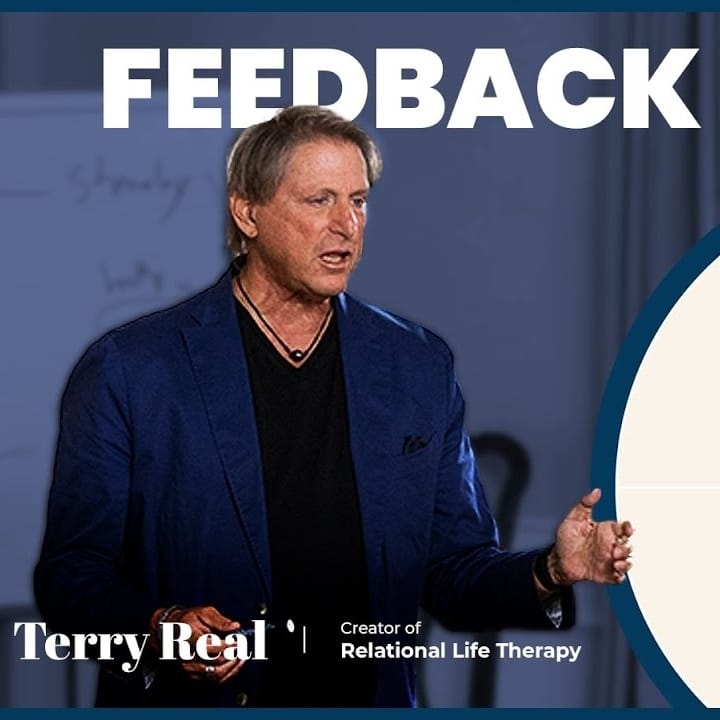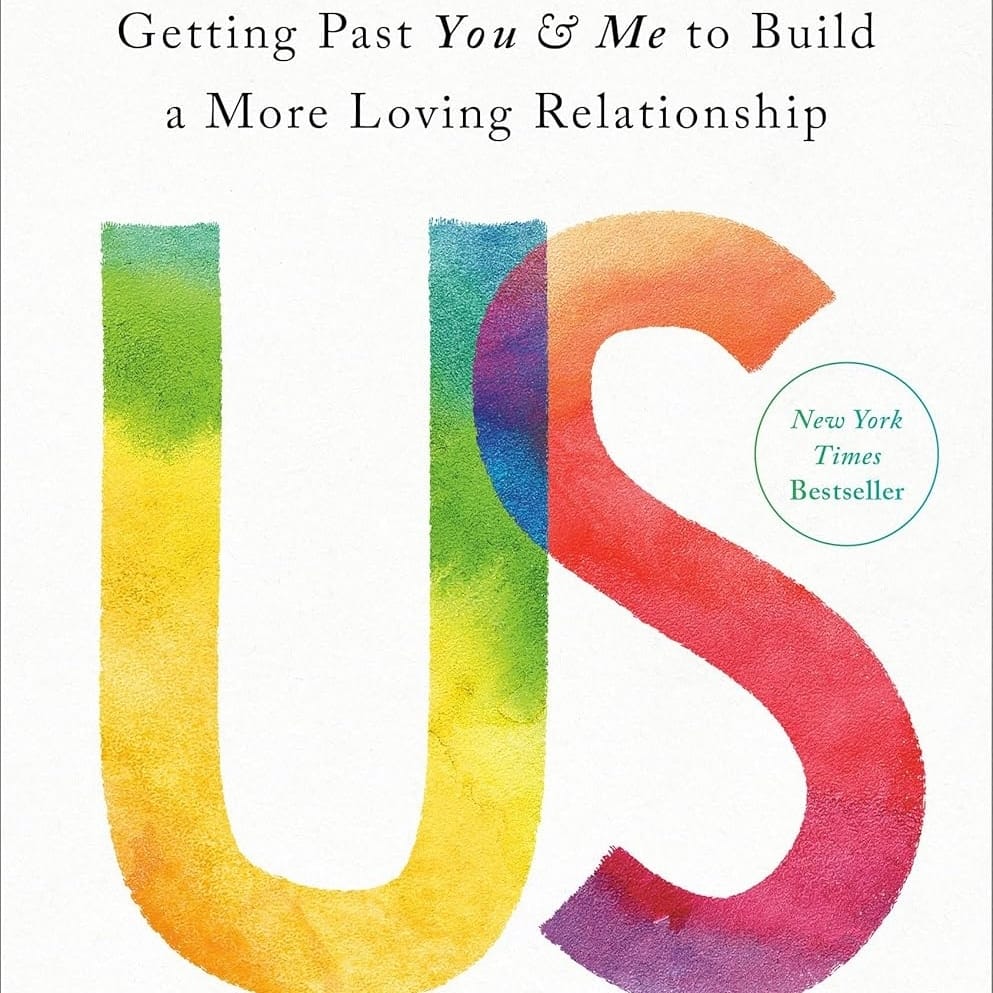About six months ago, Teresa and I called a close friend and longtime mentor for some advice. We were in the midst of the fundraising season, trying to write a year-end appeal, juggling staff support questions, and discerning a way forward that felt true to our values.
This woman is someone I deeply admire—she's not just wise; she's fiercely wise. A blend of radical compassion and razor-sharp clarity. You always leave conversations with her either breathing deeper… or blinking a little in the emotional dust she's just kicked up.
That night, I left blinking.
I had shared a dream I was holding—something idealistic and a little risky, yes, but heartfelt. Her reaction was swift and blunt, landing with a sting I didn't see coming. She wasn't cruel. But in her unfiltered truth-telling, I felt something I hadn't expected: stupid. Like I'd been gently but clearly dismissed.
We hung up. But that heaviness didn't. It followed me to bed and was still there in the morning. And instead of pretending it didn't matter, I did something different. I texted her. (Shared here with Irene Sheppard's permission.)
“Irene, I know that you love me, I know you don't think I'm stupid, and I know I can sometimes have idealistic, even unwise ideas. But after our call last night, I went to bed with a heavy discomfort I couldn't shake. This morning, it was still there. What really pinched was your reaction—first to the fundraising letter we worked so hard on and then to my Pay-it-Forward idea.
I'm not sure why, but it left me feeling deeply foolish—like maybe I'd said something so stupid it could make you not want to keep working with us. I rarely feel that way, which is why I wanted to reach out. Would you have time today for a short call? I'd really like to better understand what you meant.”
I poured out the ache in my chest—how the comment landed, how it made me question whether she still believed in my leadership, whether I'd crossed some invisible line.
Within less than 5 minutes, this was her response...
"Thank you for understanding that I love and respect you. I apologize for the strength of my comment last night. By nighttime, my filters don't exist. You are definitely not stupid and I do respect you! Do you want to chat now?"
The call that followed was both restorative and trust-building—another one of those unexpected moments where rupture became an invitation, not a retreat.
It reminded me of what the research consistently says: that it's not the absence of conflict that fosters intimacy, but the courage to navigate it with honesty and humility. When navigated well, conflict doesn't erode trust—it strengthens it. Repair isn't just possible; it's how real connection is forged.
Love of Others: When Repair Is the Key
That moment reminded me: love isn't just about harmony. It's about what we do when harmony breaks. Real love—the kind that lasts—isn't soft and sentimental. It's fierce. It's willing to stand in the rubble of misunderstanding and say, “Can we talk?”
We often treat conflict like a stop sign. But more often than not, it means, “Slow down. Pay attention. There's something here worth exploring.”
A rupture, navigated with care, can lead to deeper trust, clearer understanding, and even joy. It's not the fact that we hurt each other that threatens our relationships—it's whether we're willing to do the sacred work of repair.
So How Do We Begin?
How do we speak up when we've been hurt—without burning the bridge?
One of the most grounded, heart-centered tools I've found for this is from therapist and author Terry Real. He calls it the Feedback Wheel—a simple, powerful framework that helps you speak the truth in love, especially when emotions are running high.
Before I walk you through it, here's a quick 6-minute video of Terry explaining it in his own words. It's well worth the watch:
The Feedback Wheel – Terry Real: A concise guide to sharing what happened, the story you told yourself, the feelings you felt, and what you'd like instead..
The Feedback Wheel Framework
Use this anytime something's gone wrong, and you want to repair instead of retreat.
Before You Begin: Set the Ground
Get centered
Speak from your Wise Adult, not your wounded child. If you're still flooded with emotion, pause. Go for a walk. Breathe. Remember your goal: to make things better.
Ask for consent
“There's something I'd like to talk through with you—would now be a good time?” Don't blindside them. If not now, ask when. The conversation is a shared agreement.
The 4 Steps of the Feedback Wheel
What Happened—Describe the observable facts
Describe only what a camera could have recorded. “You said you'd be home at 7. You arrived at 7:45 without letting us know.”
The Story I Told Myself—Own your interpretation
We all tell ourselves stories. This step names the story. Don't claim it as truth—share how your mind filled in the blanks. “The story I told myself is that I was not a priority, or that you didn't really care how I felt.”
How I Felt—Lead with vulnerable emotions, not blame
Name primary feelings, not thoughts or criticisms. (sad, scared, lonely, hurt, angry) “I felt sad and a little helpless sitting there with the kids.”
What Would Help Me Feel Better—Make a clear, doable request
Ask for something specific, actionable, and current. “It would mean a lot if you could apologize to the kids, and reassure me that you'll let us know next time.”
The Rhythm of Healthy Relationships
Every strong relationship moves through a rhythm: harmony, disharmony, and repair. The goal isn't to avoid conflict—it's to get better at finding our way back.
Conflict and care are not contradictions. They coexist. What makes a relationship resilient is the willingness to name what's off—early, honestly, and with love.
Repair isn't about fixing the past. It's about choosing to move forward—clearer, braver, more connected.
So if something's still sitting in your chest—say it. Reach out. Ask, “Can we talk?” Not to win. Not to wound. But to reconnect.
Because love doesn't need perfection. It needs people who are willing to turn toward each other—again and again.
Until next week,
Jonathan Penner | Founder & Exec Dir. of LifeApp


Resources To Dig Deeper

Video
How to Complain Effectively (and Get What You Want)
This relational repair framework is called the Feedback Wheel, and it comprises 4 steps to concisely and clearly articulate what happened, how you felt, and what you would like moving forward.
-Terry Real

Book
Us: Getting Past You and Me to Build a More Loving Relationship
Us is a groundbreaking guide to a new science-backed skillset—one that will allow you to get past your knee-jerk reactions and tap into your wiser, more collaborative self. With a novelist’s flair, Real shares the stories of couples whose relationships have been saved by these skills and pans out to the culture that reinforces our dysfunction.
-Terry Real

Podcast
Breaking the Rules of Traditional Couples Therapy for Superior Results
Terry Real — Breaking the Rules of Traditional Couples Therapy for Superior Results, A Few Frameworks That Work For this episode, Tim Ferris features five chapters from the audiobook Fierce Intimacy by Terry Real. What you will hear in this episode will help you identify both your and your partner’s losing strategies in relationships, and help you move from disharmony to repair.
-The Tim Ferriss Show

Music
Love Is War
“Love Is War” by American Young is a vivid reflection on the real terrain of long-term love. With imagery that contrasts picture-perfect moments with behind-the-scenes battles, it reminds us that every relationship goes through cycles of harmony, disharmony, and—most importantly—repair. The song doesn’t romanticize struggle, but it honors the resilience it takes to recover from hurt. Whether it’s a slammed door or a soft word, this track names what many shy away from: that staying connected takes effort, honesty, and the willingness to keep choosing each other.
-American Young
Learn More About
Upcoming 3 Day Retreats
August 7-10
Talking Rock, GA USA
October 16-19
Talking Rock, GA USA
November 13-16
Hope, BC Canada
“This is one of the best or probably the best gift I have ever received. I can honestly say my life is changed forever. This was the most incredible experience. I am forever grateful for being given the time, the space, and the love I needed to become a better mother, friend, and better person to everyone in my life.”

